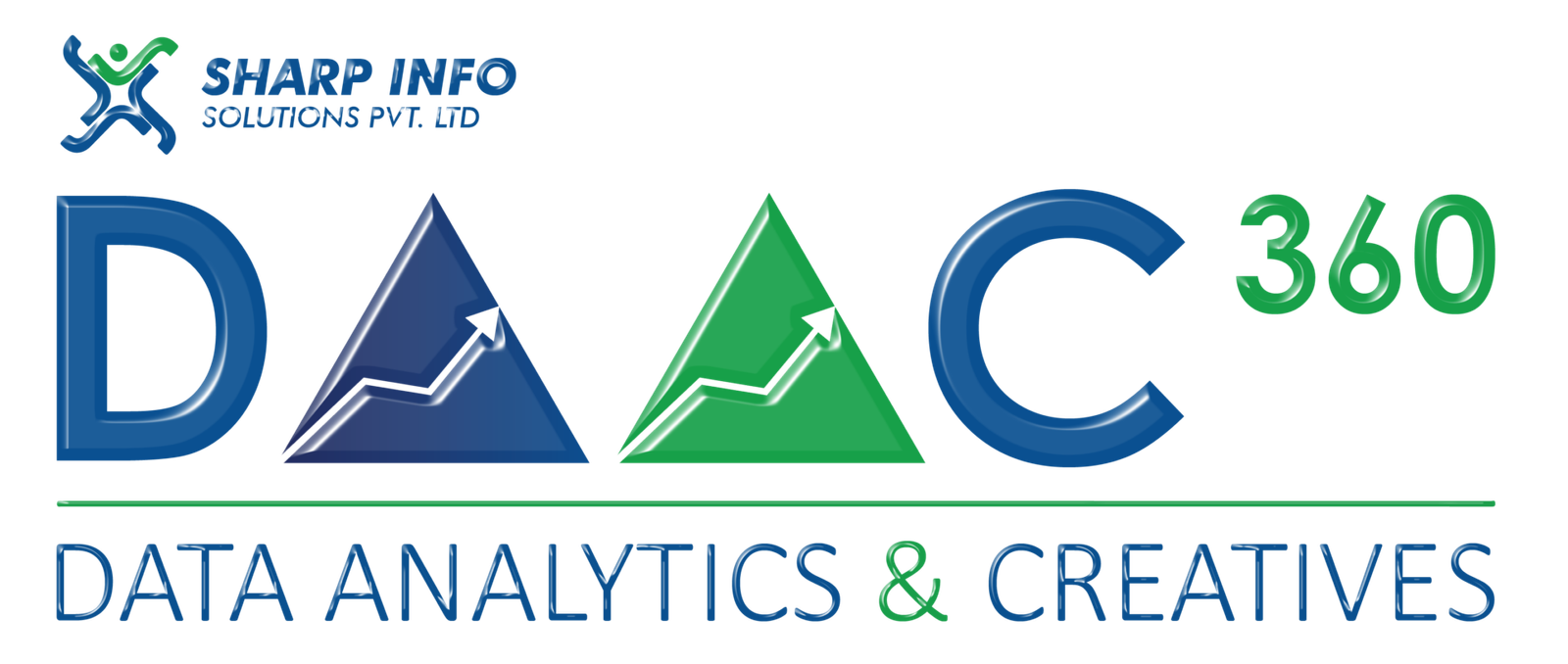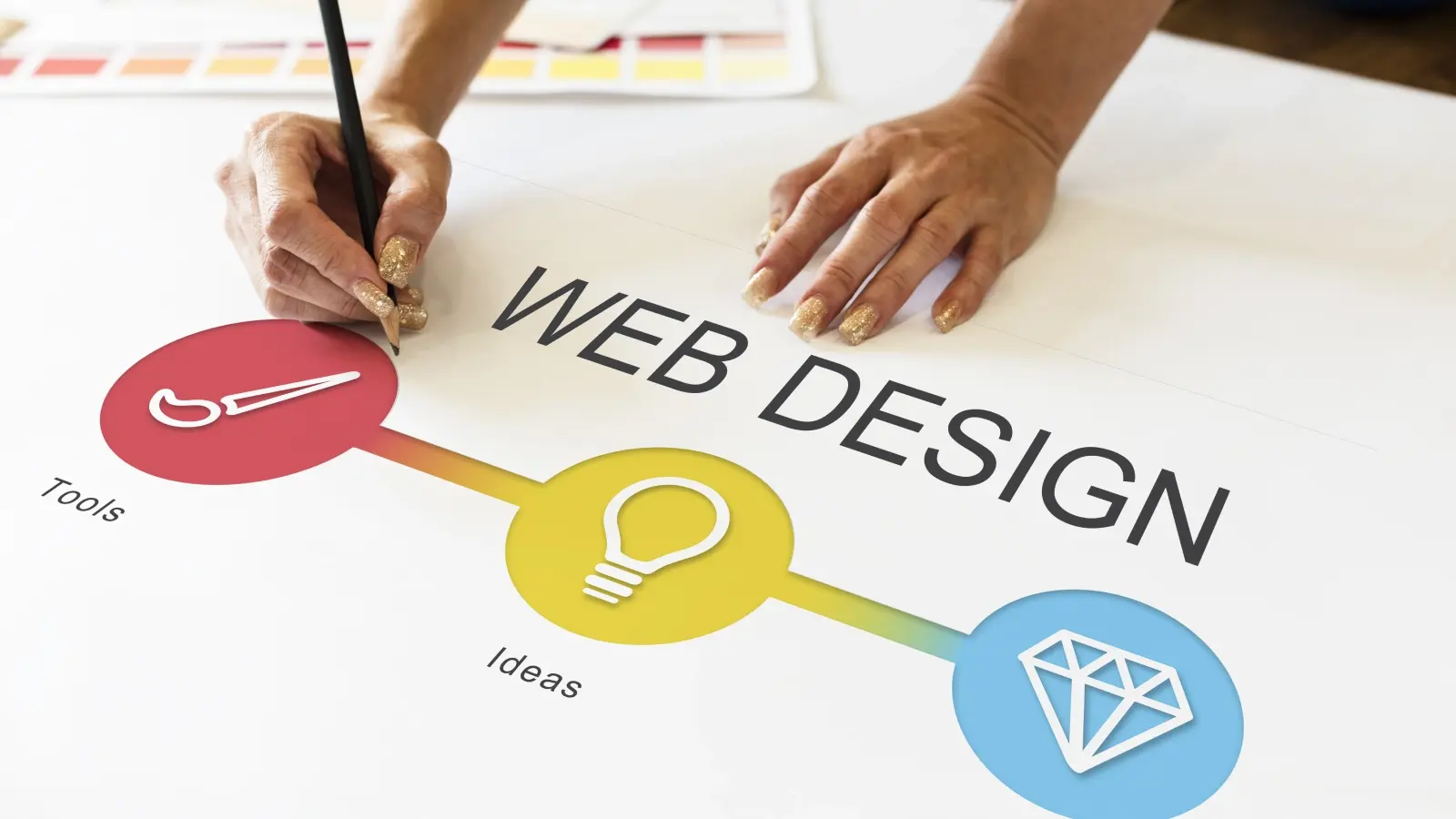Website Creation: Cost and Considerations for Your Digital Presence
In today’s digital age, having a well-designed website is crucial for any business. A website is not just a digital storefront but also a powerful tool for marketing, customer engagement, and sales. At SharpDaac360, we understand the importance of a robust online presence and are here to guide you through the process of creating a website, including the associated costs and factors to consider.
Understanding the Basics
The cost of creating a website can vary significantly depending on several factors such as design complexity, functionality, platform, and the expertise of the web developers involved. Whether you are a small business looking to establish an online presence or a large corporation needing advanced features, understanding these elements is essential for budgeting and planning.
Website Design and Development Considerations
Domain Name and Hosting:
A domain name is your website’s address on the internet. It’s the first impression potential customers will have of your brand. Hosting is where your website’s files are stored. Both are foundational elements that require careful selection and management.
Design and User Experience (UX):
The design of your website is a reflection of your brand. A well-designed website not only looks good but also provides a seamless user experience. This includes everything from the layout and color scheme to navigation and functionality. Investing in professional design ensures that your website is both aesthetically pleasing and easy to use.
Development:
The development stage involves turning the design into a fully functional website. This can include basic informational websites to complex e-commerce platforms with custom applications. The expertise of your web development team is crucial in ensuring that your website performs well and meets all your business needs.
Features and Content
Responsive Design: Ensuring your website looks good and functions well on all devices is crucial. This includes desktops, tablets, and mobile phones. A responsive design adapts to different screen sizes, providing a consistent user experience.
SEO Optimization: A website is only useful if it can be found. Search engine optimization (SEO) ensures that your web page ranks well on search engines like Google. This involves optimizing your website’s content, structure, and technical elements to improve visibility and attract organic traffic.
Content Management System (CMS): A CMS allows you to easily update and manage your website’s content. Popular platforms like WordPress, Joomla, and Drupal offer flexibility and scalability, making it easy to add new pages, blog posts, and multimedia.
Content Creation:
Copywriting: Professional copywriting ensures your web page content is engaging and effective. It involves creating clear, concise, and persuasive text that speaks to your audience and drives action.
Multimedia: High-quality images, videos, and graphics enhance user experience and make your website more appealing. They can help tell your brand’s story, showcase products, and provide valuable information to visitors.
Maintenance and Ongoing Considerations
Regular Updates: Keeping your website’s software, plugins, and security up to date is essential to protect against vulnerabilities and ensure smooth operation. Regular maintenance also involves monitoring performance and fixing any issues that arise.
Technical Support: Having access to technical support for troubleshooting and updates is crucial. This ensures that any problems are quickly resolved, minimizing downtime and disruptions to your business.
Marketing and Growth:
Digital Marketing: Ongoing digital marketing efforts such as SEO, PPC advertising, and social media marketing are necessary to drive traffic and conversions. A well-executed marketing strategy can significantly enhance your website’s effectiveness and help achieve your business goals.
Website: Is It Worth the Investment?
Investing in a website is more than just a cost; it’s a strategic business decision. A well-designed website can improve your brand’s credibility, reach a wider audience, and drive sales. At SharpDaac360, we help our clients understand the long-term benefits and return on investment (ROI) With the right strategy and execution, a website can be one of the most cost-effective marketing tools.
Conclusion
In conclusion, the cost of creating a good website can vary widely based on your specific needs and goals. From domain names and hosting to design, development, and ongoing maintenance, each component plays a vital role in the overall budget. At SharpDaac360, we believe in transparency and work closely with our clients to ensure they get the best value for their investment. Contact us today to learn how we can help you build a website that not only meets your needs but also helps your business grow.



